
Published December 31, 2019 at 05:00AM

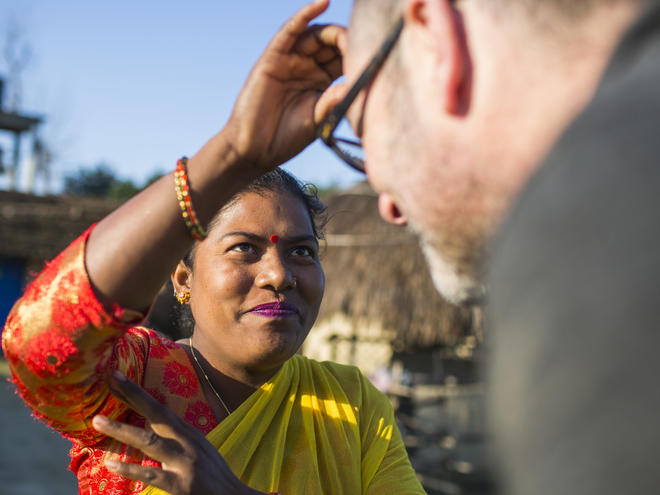

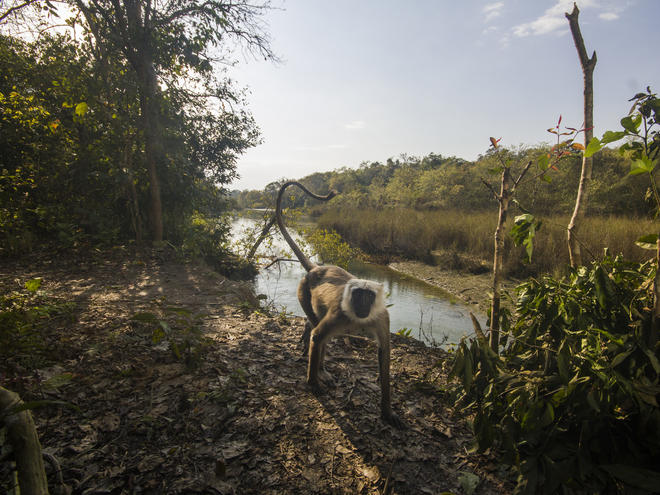
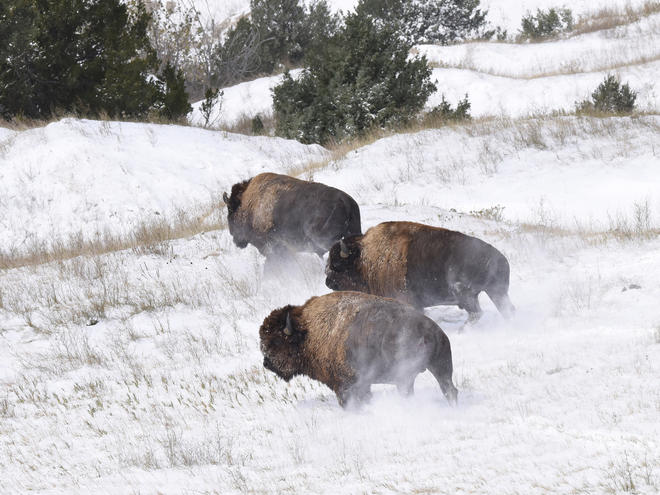

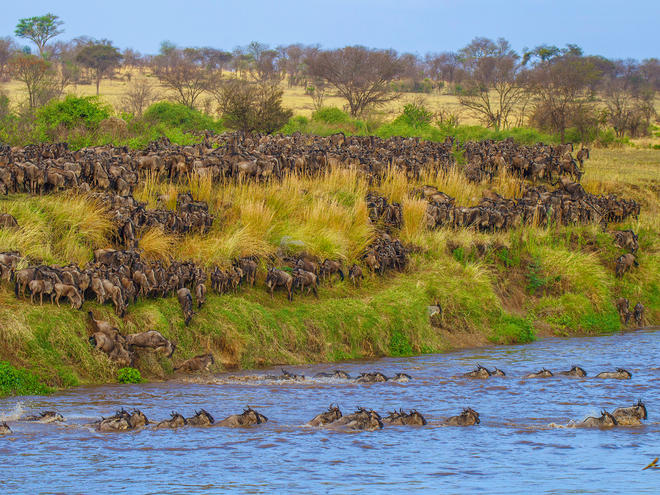

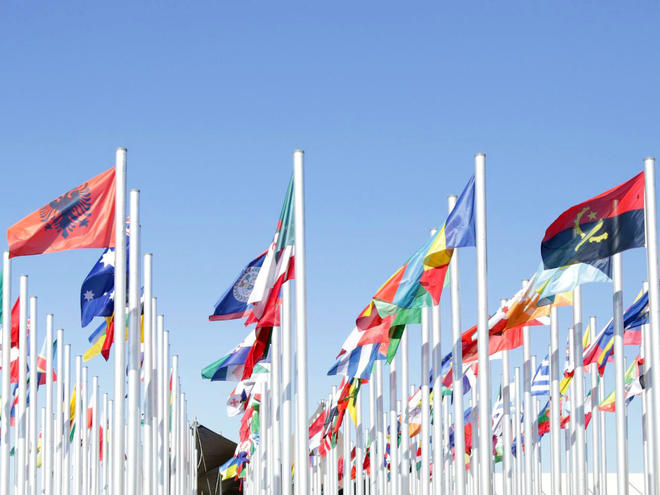
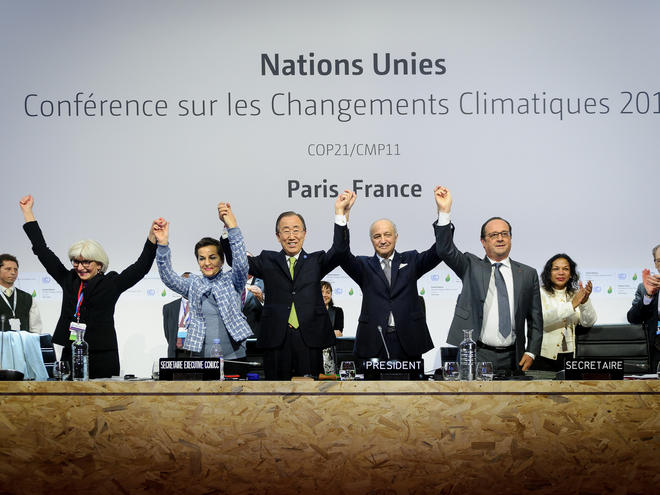
Back in 1992, the international community adopted the United Nations Framework Convention on Climate Change (UNFCCC), marking the start of a global effort to confront the problem of climate change. The framework outlines actions to stabilize and reduce the amount of heat-trapping gases—known as greenhouse gases—released into the atmosphere and causing the planet to warm.
Every year, the parties to the agreement attend a ‘Conference of Parties’ to review and assess progress in reaching climate action goals. COP23 is the shorthand name for the 23rd Conference of Parties to the UNFCCC, and will take place from Nov. 6-17 in Bonn, Germany.
The Paris Agreement is the world’s first truly global plan to address climate change. This UN climate agreement was adopted at COP21 in 2015, demonstrating the world’s a collective willingness to take urgent action. The unprecedented pact urges nations to pursue every effort to limit global temperature increase to well below 2°C—and aiming for 1.5°C—to stave off some of the worst impacts of climate change. Importantly, it creates the incentive for nations to continuously strengthen their climate actions over time.
Given the US government’s diminished role in fighting climate change, at this round of negotiations, the real news about US climate action will be delivered by leaders of American business, cities, and states, who will attend this next round of international climate talks as part of the We Are Still In movement. We Are Still In has emerged as the largest US coalition in support of climate action ever, with more than 2,500 leaders across America’s state houses, city halls, board rooms, and college campuses stepping up to say they are still committed to meeting America’s climate goals. Their stories about reducing emissions, embracing clean energy, and preparing their local communities for the impacts of climate change will ensure foreign leaders that America is still facing down the very real threat climate change poses to our nation and the world.
With support from WWF and over two dozen other organizations, We Are Still In has been embraced by the United Nations and applauded by everyday Americans eager to show the world that US leadership on climate change extends well beyond the executive branch of the federal government.
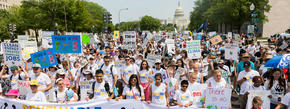
States, cities, businesses, investors, colleges, universities, and others are working together to achieve the clean energy vision of the Paris Agreement. They are still in, and we are, too.
This round of international climate talks seeks to finalize key details of the Paris Agreement including how countries report progress on meeting their national climate targets and the launch of a process to trigger a new round of national targets by 2020. COP23 will also help world leaders leverage the role that local governments, cities, the private sector, and civil society play in helping nations set and meet their climate goals.
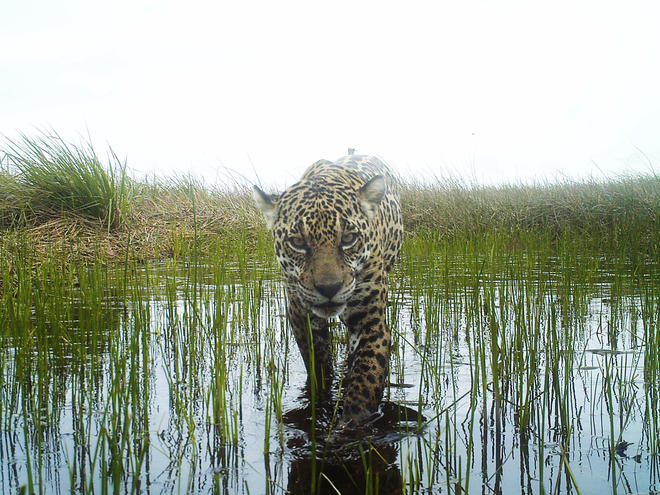


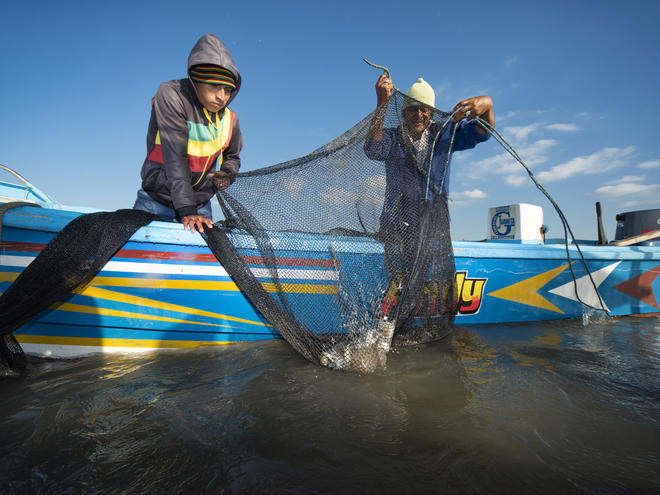
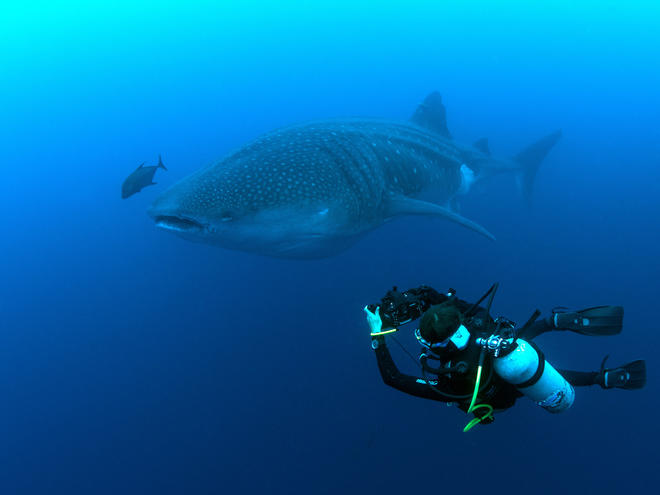
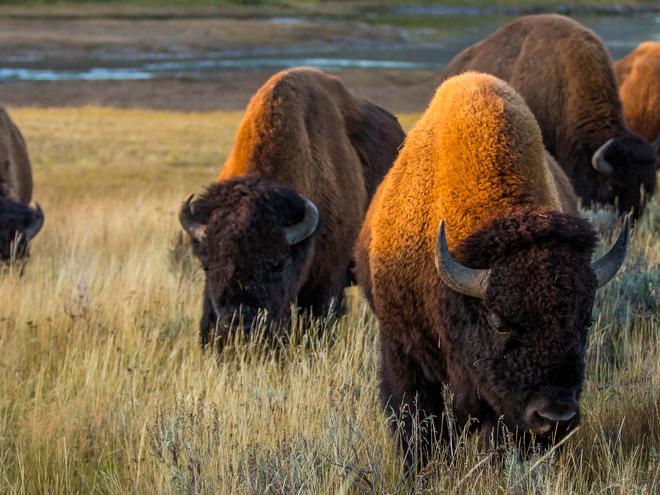
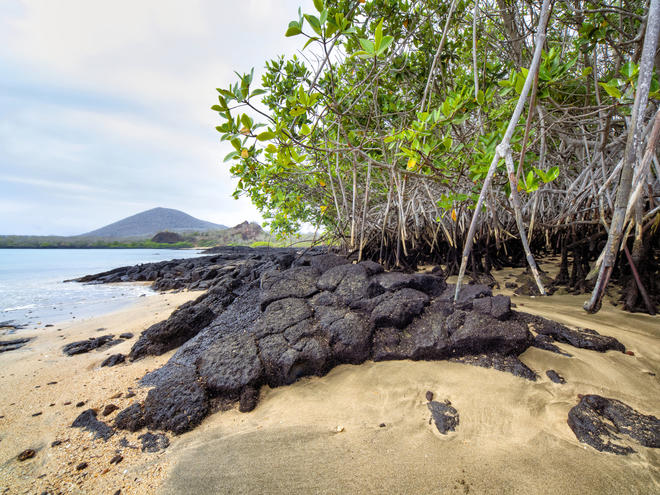
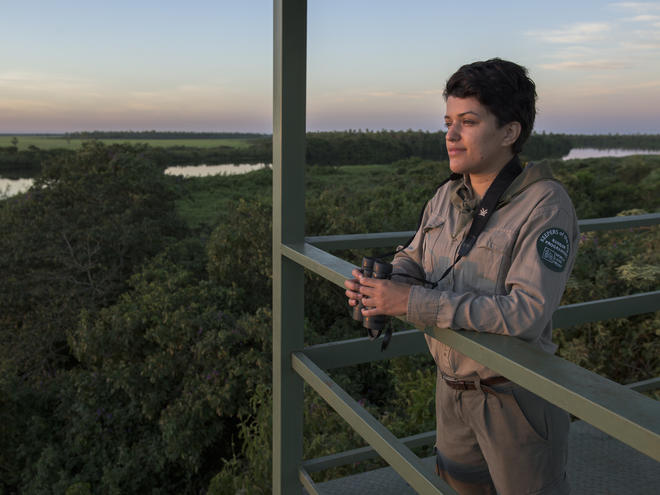

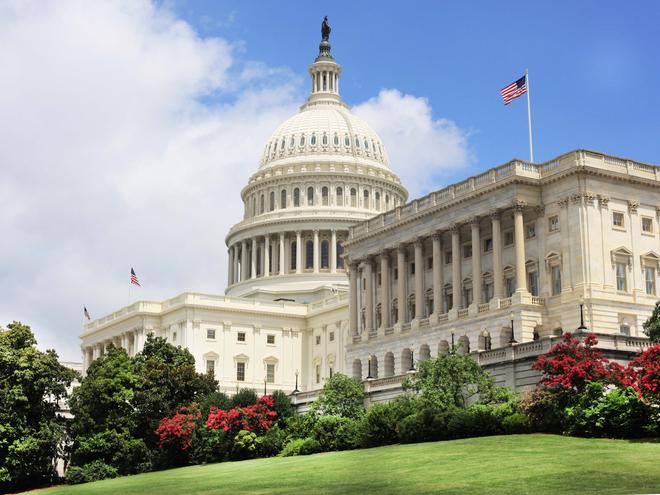
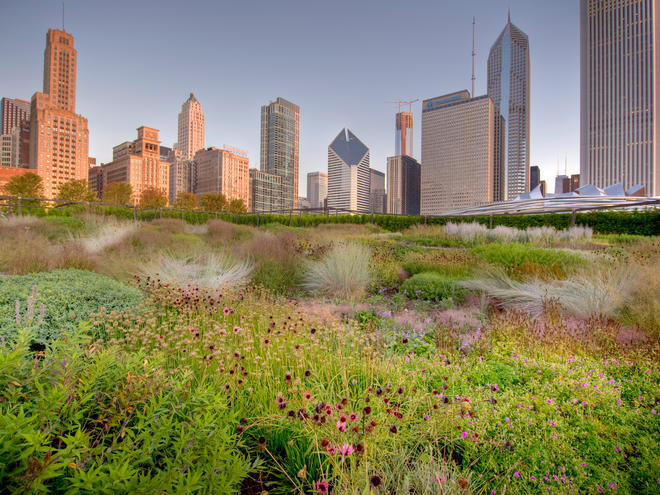
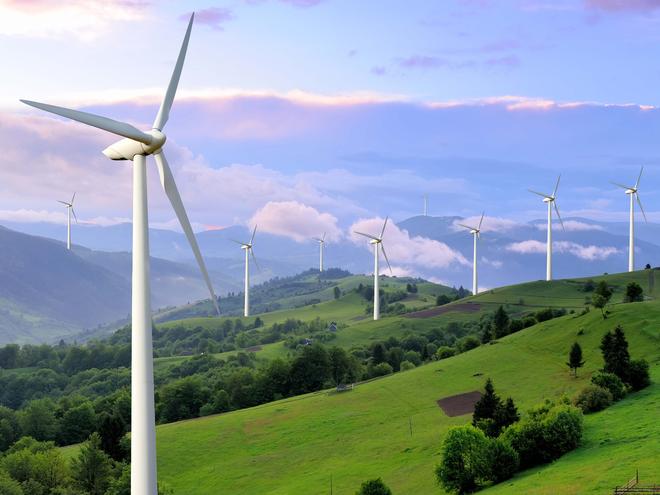
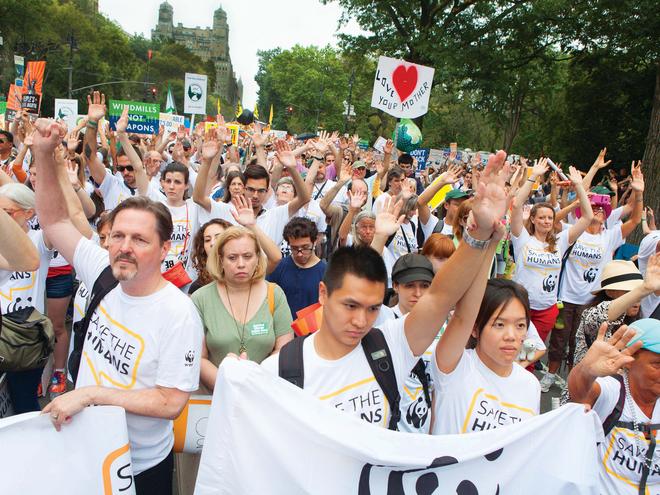
It’s no question that climate change is one of the greatest challenges of our time. More frequent and extreme weather events, melting glaciers and rising sea levels all link to a changing climate, and will impact people and nature alike. But here’s the good news: world leaders are taking note and working together to make concrete strides to a more prosperous future.
Later this month, heads of state from around the world will convene in Paris at the United Nations Conference on Climate Change to discuss how we can commit to changing the trajectory. By working together, we can pave a path forward to a future in which businesses rely on renewable energy, cities rethink waste disposal and transportation, and communities and individuals take simple actions to save the planet.
WWF works with communities and governments to support and promote climate negotiations. We’re all moving forward together and should pause to celebrate the good work we’ve done so far.
Take a look!
Governments around the world are taking action
More than 150 countries accounting for 90% of global emissions have already made national climate commitments to slash their carbon pollution going into the talks in Paris. A safer and more prosperous future is within our grasp, and we’re seeing good progress from governments around the world. We need more ambition from our governments and the UN climate talks can be an excellent facilitator for global climate cooperation and put us on the path to a clean energy future.
Cities can lead the charge
More and more, US cities are looking to renewable energy to power their grids. Some of the largest cities in the country—including New York, Chicago, Atlanta, and 34 others—have already set emissions reductions goals of 80% or higher by 2050. This aligns with the scientific consensus of what will be required to avoid the most disastrous effects of climate change. And 62 cities are already committed to meet or exceed the emissions targets announced by the federal government. Should they succeed in doing so, these cities will reduce carbon dioxide pollution by a minimum of 328 million tons per year—the equivalent of switching 45 million homes to solar power.
Companies are making money by tackling climate change
By boosting energy-efficiency measures and moving to low-carbon energy sources, the private sector can realize cost savings up to $190 billion in 2020. That’s good news because businesses can help save the planet while driving up their own profits. WWF collaborates with businesses to make renewable energy a core component of their sustainability strategies. The Corporate Renewable Energy Buyers’ Principles—created collaboratively by companies, the World Resources Institute and WWF—outline a path for transforming our energy system so businesses can get the renewable energy they need. Forty-three companies have signed on to show they care about clean energy.
Your voice can make a difference
Now is the moment to show your support for climate action. As world leaders gather in Paris for climate negotiations, we can show our support and advocate for a better future. Last year, thousands of people marched through the streets of New York City to push for climate action. Join us and take action in the fight against climate change.
Use your voice. Demand climate action today!
